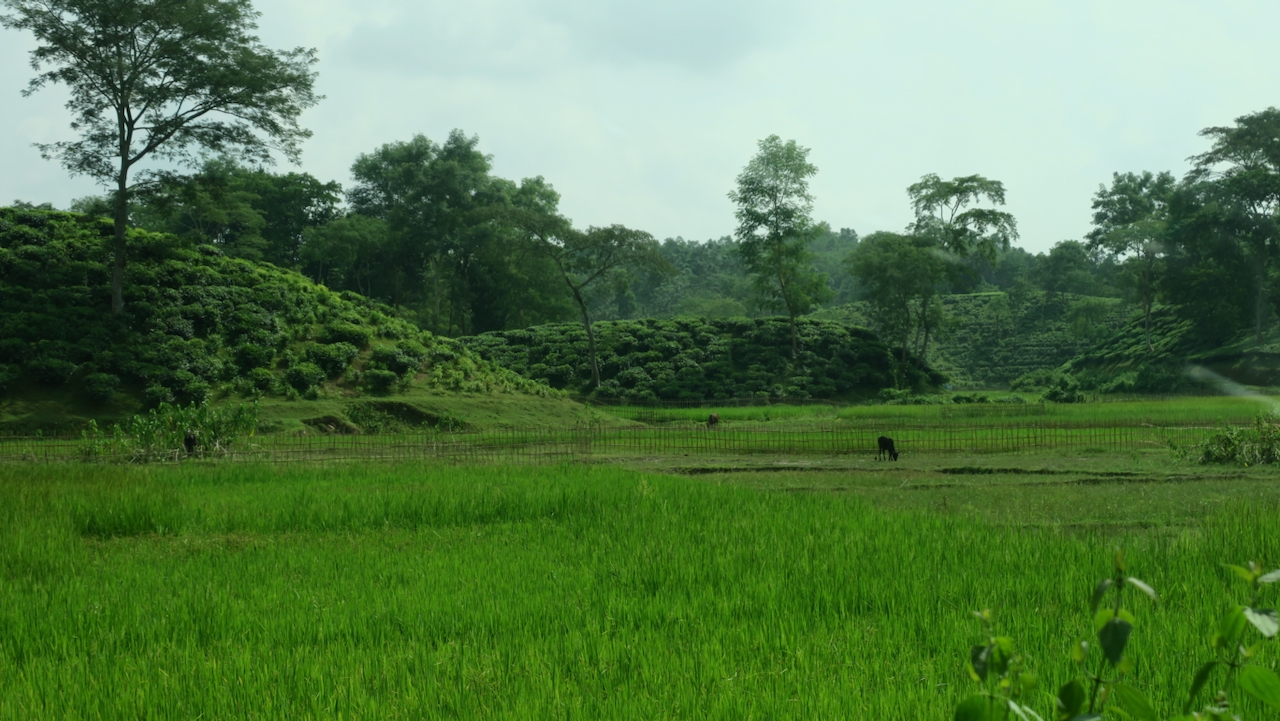
"I have been doing research in Bangladesh for almost 25 years, covering many different Earth science topics: tectonics and earthquakes, land subsidence and sea level rise, availability of fresh and salty groundwater, rivers changing positions. For several of these topics, I set up and maintain a network of GNSS (Global Navigation Satellite Systems) stations. GPS is the U.S. constellation of satellites. Now the Russians, Europeans and Chinese also have satellite networks."
"While your phone can tell you where you are within a 10-15 foot range, our stations can locate the fixed antennas to around 2 mm horizontally and around 6 mm vertically. That enables me to see the tectonic motions of the earth leading up to earthquakes and the sinking of the land in the world's largest delta to less than 1 mm/y. I still find that amazing compared to the days before GNSS became routine."
"However, of the 16 stations that I have running here, only three (green) are currently transmitting data back to the U.S. So, I have returned here once again with others to get them working again and add three new stations (white). I started in the capital of Dhaka to join with my partners at Dhaka University, accompanied by my graduate student Hasnat Jaman."
I have conducted research in Bangladesh for almost 25 years on tectonics, earthquakes, land subsidence, sea level rise, groundwater salinity, and river migration. I set up and maintain a network of GNSS stations that achieves about 2 mm horizontal and 6 mm vertical precision, enabling detection of tectonic motions and land sinking to under 1 mm/year. Of 16 stations only three currently transmit data, prompting a return visit to repair them and add three new stations. Work began in Dhaka with local partners and a graduate student, with logistics aided by the new elevated Dhaka Metro. An EarthScope engineer joined the team to support equipment and services.
Read at State of the Planet
Unable to calculate read time
Collection
[
|
...
]